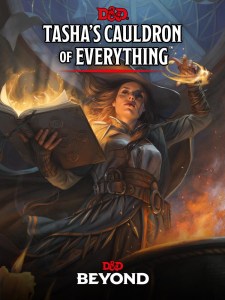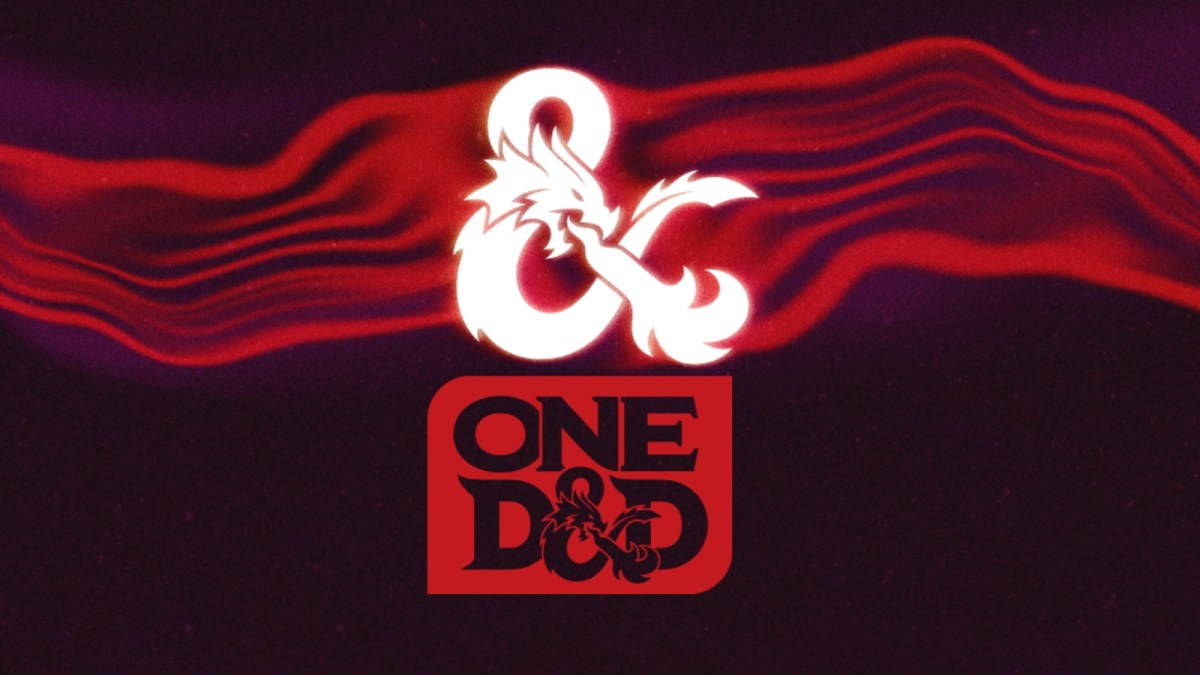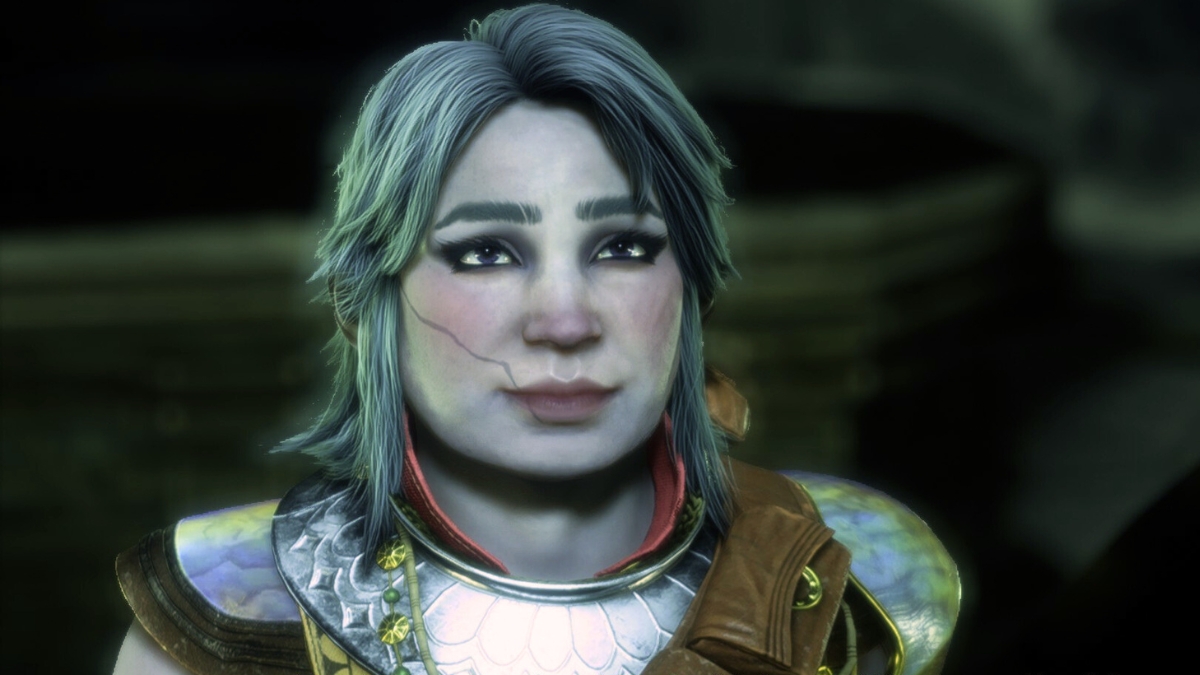Just months after Dungeons & Dragons publisher Wizards of the Coast, a subsidy of Hasbro Toys, got intense backlash for using racist imagery in its new Spelljammer source book, the company has announced a major change. In a statement released through D&D Beyond, the official digital toolset for the game, WotC has announced that moving forward, the word “race” will be replaced with the word “species” in print and digital content.
“Dungeons & Dragons has a history of evolving to meet the needs of our players and foster an inviting space for everyone. With that in mind, we understand ‘race’ is a problematic term that has had prejudiced links between real world people and the fantasy peoples of D&D worlds. The usage of the term across D&D and other popular IP has evolved over time. Now it’s time for the next evolution,” the statement reads.
Since WotC released the fifth edition (5e) of D&D in 2014, the company has made strides toward creating a more inclusive product, which has meant phasing out problematic elements that have lingered since the fantasy role-playing game debuted in 1974. In the 2020 source book Tasha’s Cauldron of Everything, the company introduced rule changes that separated ability score improvements from playable species. Until this point, each species had advantages and disadvantages with certain skills based on their perception in the game world—which in most cases meant “fantasy racism,” an all-too-similar parallel to real-world racism, was a core factor not just in player’s character creation choices, but also in game progression.

However, despite making these necessary and welcome updates, WotC took several steps backward earlier this year when it released an updated version of its Spelljammer source book, including a species known as the Hadozee being depicted with minstrel imagery, in addition to having a background story tied to both slavery and forced eugenics. Following significant backlash on social media, Wizards updated its digital Spelljammer content on D&D Beyond to remove these elements from the Hadozee species.
Now, its new “Unearthed Arcana”—the company’s name for early-release playtest materials that will be revised based on feedback before official publication—will replace the term “race” altogether in One D&D, the next (and possibly last) major update to the game’s existing ruleset. As usual with its playtest materials, WotC will release a survey on December 21 allowing feedback on every element of the new “Unearthed Arcana”—including the term “species.”
In its statement on D&D Beyond, the company says, “We have made the decision to move on from using the term ‘race’ everywhere in One D&D, and we do not intend to return to that term. The term ‘species’ was chosen in close coordination with multiple outside cultural consultants.” The statement continues, “Having an open conversation around the term ‘race’ is both important and challenging. That is why it’s vital we foster a positive, open, and understanding dialogue with one another. We welcome your constructive feedback on this evolution and the many more evolutions to One D&D that make this game exciting, open, and accessible to everyone. Dragons and elves belong in our world, and so do you.”
The new playtest material includes updates to the Ardling, Dragonborn, and Goliath species, and reads, in part, “The peoples of the D&D multiverse hail from many worlds and are members of many different sapient life forms. A player character’s Species is the set of game traits that an adventurer gains from being one of those life-forms. A character’s upbringing and training are represented in the rules by Class and Background. Some Species can trace their origin to a single world, plane of existence, or god, while other Species first appeared in multiple realms at once. Whatever a Species’ origin story, its members have spread across the multiverse and contribute to various cultures.”
Although it seems unlikely that removing the term “race” from its source materials will completely resolve the issue of fantasy racism in Dungeons & Dragons, this does feel like a significant step in the right direction. Too often, the fantasy genre is both racist and sexist for nebulous “historical” reasons that don’t care to account for the inclusion of mythical creatures and beings. The genre has faced a long-overdue reckoning in recent years, and hopefully these changes from Wizards of the Coast will make a significant impact on the TTRPG community and media as a whole.
(featured image: Wizards of the Coast)
Want more stories like this? Become a subscriber and support the site!
—The Mary Sue has a strict comment policy that forbids, but is not limited to, personal insults toward anyone, hate speech, and trolling.—









Published: Dec 1, 2022 05:59 pm